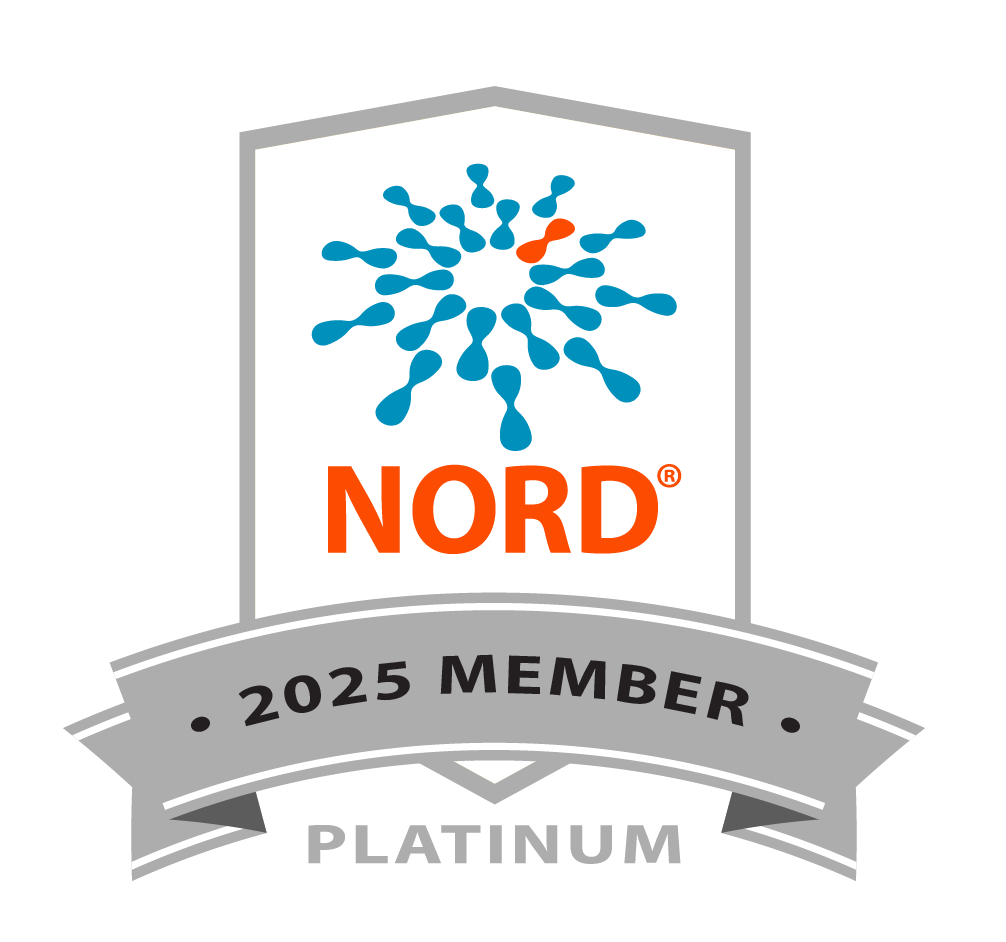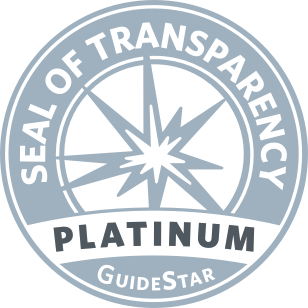Webinar: Introduction to the 2021 Translational Research Acceleration Program (TRAP) Awardees
Tuesday, June 15, 2021, 1:00 p.m. (EDT)
Location
Virtual Event
Columbia, MD 21045
RSVP
Register TodayIn summer of 2020, the Foundation Fighting Blindness released a request for proposals for its latest preclinical research funding effort. The Translational Research Acceleration Program (TRAP) accelerates the movement of preclinical research toward an FDA Investigational New Drug filing and into clinical trials providing a robust and diverse pipeline of potential therapies for the treatment of blinding retinal diseases.
This webinar will start with remarks from the Foundation’s newly appointed Chief Scientific Officer Dr. Claire Gelfman followed by each of the TRAP awardees highlighting the potential of their preclinical project.
Below is a brief summary of the awarded projects to be presented:
- Dr. Stephan Tsang (Columbia University; New York, New York) – Therapeutic cell - specific CRISPR editing of a roxadustat target for autosomal dominant retinitis pigmentosa
Brief Project Summary: This program strives to develop a gene editing technology that reprograms rod and cone energy usage thereby promoting cone photoreceptor cell survival in retinitis pigmentosa, independent of the genetic variants. - Dr. Rob Collin (Radboud University Medical Center; Nijmegen, Netherlands) – Antisense oligonucleotides for the treatment of Stargardt disease
Brief Project Summary: This project focuses on developing antisense oligonucleotides (AONs) for the treatment of Stargardt disease, up to the point of approval for therapeutic intervention in humans. AONs are small synthetic RNA molecules that can bind complementary to pre-mRNA molecules correcting disease-causing genetic variants. - Dr. Thomas Reh (University of Washington; Seattle, WA) – Stimulating neural retinal regeneration from Müller glia in the non-human primate retina
Brief Project Summary: This proposal explores the feasibility of stimulating endogenous regeneration of cone photoreceptors from Müller glial cells in non-human primates. Ultimately, this research is a significant steppingstone in regenerative medicine to help people replace cone photoreceptor cells damaged by retinal disease. - Dr. Paul Yang Casey Eye Institute (Oregon Health and Science University; Portland, Oregon) – Inosine Monophosphate Dehydrogenase (IMPDH) inhibitors are a new class of neuroprotective agents in inherited retinal degenerations
Brief Project Summary: Dr. Yang’s lab identified inosine monophosphate dehydrogenase (IMPDH) as potential target for suppressing photoreceptor cGMP cytotoxicity. cGMP levels are associated with photoreceptor death. The overall rationale of the proposal is that IMPDH inhibition can mitigate early upstream events that lead to photoreceptor cGMP cytotoxicity and ultimately photoreceptor cell death. - Mahdi Farhan (Usher III Initiative; Chicago, IL) – Completing pre-IND Toxicity Studies to Advance a Novel SmallMolecule Therapy for Usher Syndrome Type III (USH3) to Phase-1 Clinical Trials
Brief Project Summary: The project’s overall objective is to advance a small molecule candidate as an oral therapy to halt or attenuate visual impairment experienced by individuals with USH3. Funding efforts will accelerate the Initiative’s progress by allowing the completion of FDA mandated studies prior to initiating Phase 1 Clinical Trials in humans. Studies will focus on establishing the small molecule’s safety profile, toxicity, dose, and risk-benefit assessment for humans. - Dr. Hendrik Scholl (Institute of Molecular and Clinical Ophthalmology Basel; Basel, Switzerland) – Cone-based optogenetics for vision restoration
Brief Project Summary: The project goal is to deliver an optogenetic sensor (light-stimulated protein) to dormant cone photoreceptor cells in RP patients to reanimate these cells. This would be a gene-agnostic approach.




